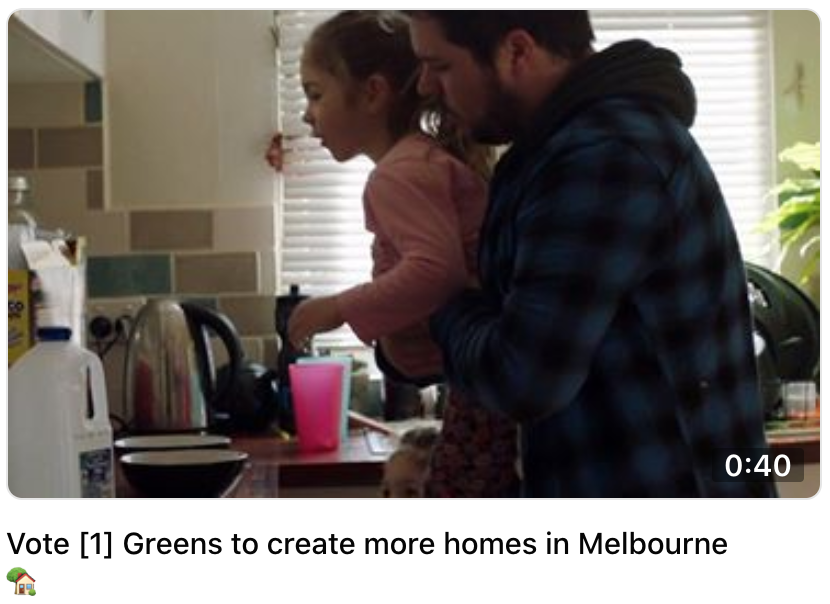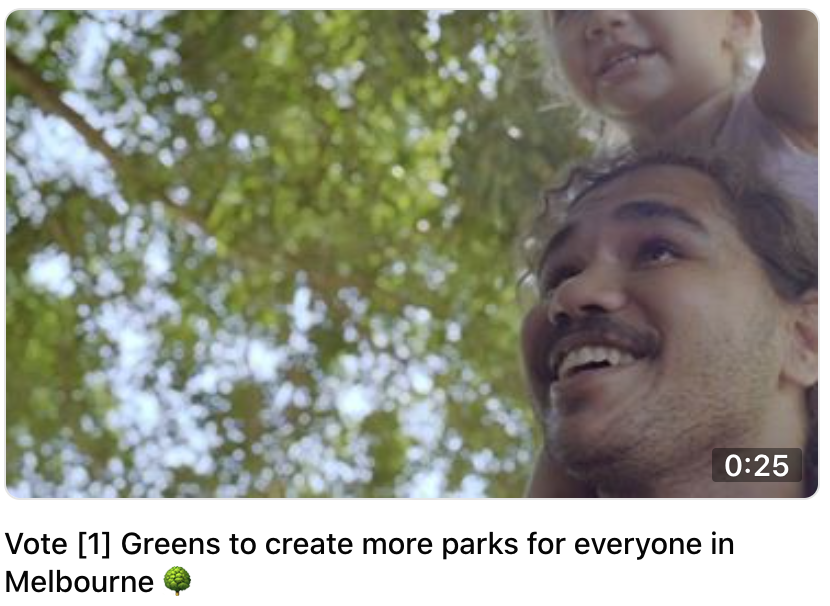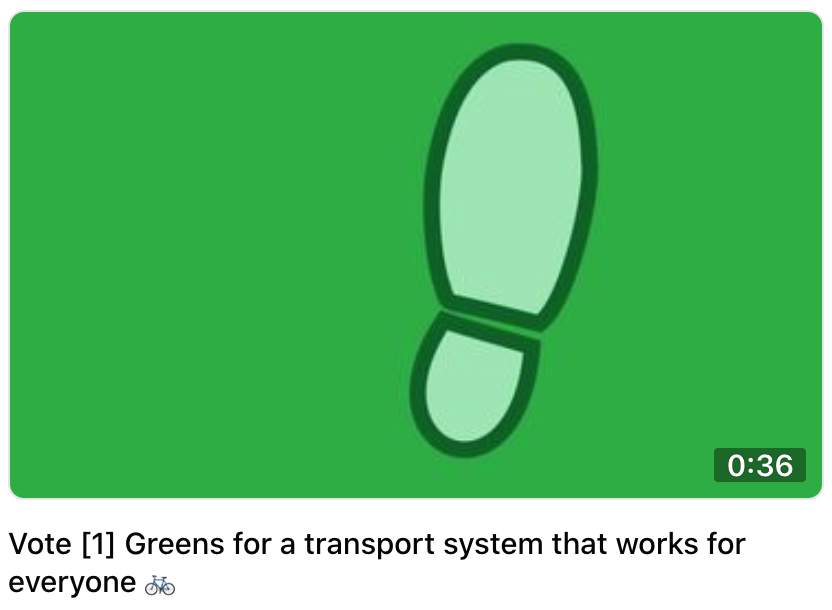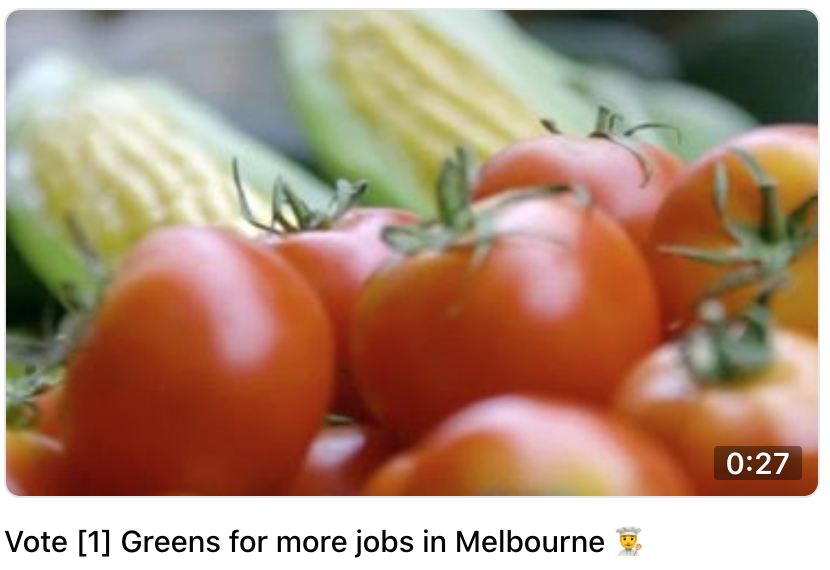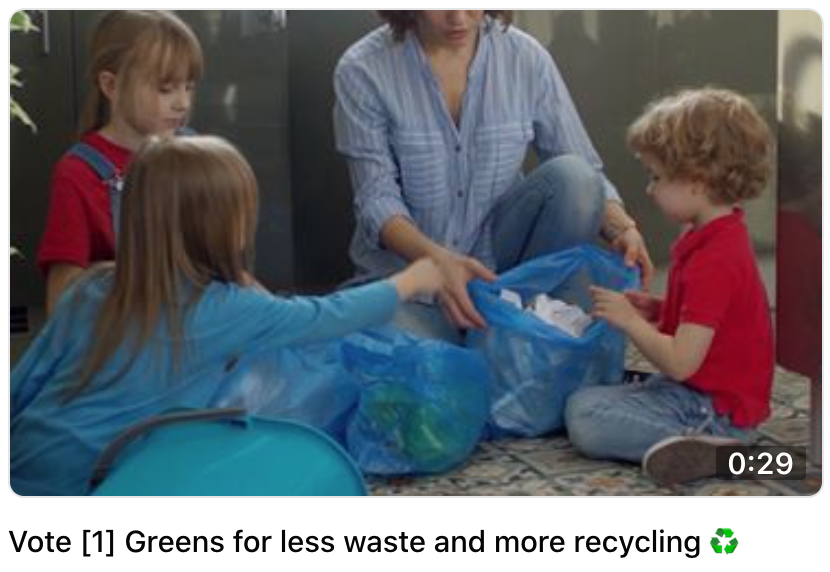As the 2020 Melbourne City Council election draws to a close, we reflect on an incredibly policy rich campaign. We are proud to have led the debate on housing affordability, public open space, equitable rates and active transport. And that’s just the start.
In this election, we have announced significant policy initiatives for a fairer, more affordable, more sustainable city.
Here are the summaries of our flagship policy announcements:
A Greens Melbourne City Council will:
1. Facilitate affordable housing on Council owned land, leveraging stimulus grants wherever possible, to build 256 affordable housing units in the coming term of Council, being 160 new units on top of the 96 already underway.
2. Apply low rate inclusionary zoning across the municipality, with higher rate inclusionary zoning in urban renewal areas, scaled up as the recession lifts. In doing so facilitate 3,000-6,000 new affordable homes within the private market by 2035.
3. Establish a Melbourne Housing Office, potentially in collaboration with the IMAP Councils, to manage social and affordable housing contributions.
4. Rewrite the Arden Structure Plan with the State Government to build 938 new public housing units by 2025.
5. Distinguish between short stay and long term accommodation in planning and building law once and for all, to stop owner occupiers subsidising short stay accommodation providers.
6. Lock in the benefits of a high supply low rent apartment market with long term rental leases where short stay accommodation previously dominated.
7. Fight for an end to no-grounds eviction and the embedding of a range of rights for renters in law.
A Greens Melbourne City Council will:
1. Partner with the State Government and commence construction of a new large community park, decking over CityLink to connect the two halves of Southbank, to directly assist the part of the City of Melbourne in greatest need of new green open space.
2. Build a new civic park abutting North Melbourne Town Hall in the 2020-24 term of Council.
3. Replicate the DHHS-Council partnership success of Neill St Carlton on Sutton St North Melbourne: expanded green open space for North Melbourne’s public housing community.
4. Get on with the job of creating greener, higher amenity high streets and esplanades in Southbank, West Melbourne, Kensington and Docklands.
5. Accelerate our tree-planting programs and see through new planning provisions to assist landowners in retaining greenery on their properties and to protect sunlight to parks.
6. Improve the relationship between and heritage management, creating Conservation Management Plans for those heritage parks that still do not have such plans.
A Greens Melbourne City Council will:
1. Change the Council’s ratings system to CIV to allow for much more significant differential rates, and apply these to different land types based on the capacity to pay and our commitment to save cultural venues and public places during a recession.
2. Effectively halve rates on bars, restaurants, clubs, theatres, venues and other places of assembly for five years.
3. Effectively double rates on gambling premises for five years.
4. Increase the pensioner rebate Council subsidy to $198.20, the equal-highest in the State.
5. Advocate for liquor licence fee waivers for all venues through to the end of 2022.
These measures will allow for an effective rate freeze for residential properties in year 1 while allowing an overall rate increase in line with CPI, to ensure that municipal jobs are kept and a strong construction pipeline of new infrastructure is fully resourced.
Greens on Council fought hard for the Transport Strategy 2030 and it’s no surprise that other candidates are wanting to tear it up. Greens on Council also achieved the Climate Emergency Declaration Implementation Plan, which brought forward 10 years of bicycle lane infrastructure to be completed in just 4. COVID-19 is changing the way we move and is a further catalyst for aggressive change in shifting people to efficient and sustainable modes of transport.
A Greens Melbourne City Council will:
1. Complete 50km of bicycle lanes on Council-managed roads by June 2025.
2. Work with the State Government to ensure that State-managed roads have new physically separated bicycle infrastructure as quickly as possible, including on Flemington Road, St Kilda Rd and Royal Parade.
3. Keep our footpath-expansion program strong, supporting the most common and economically beneficial mode of transport in the central city: walking.
4. Resist anti-economic traffic-inducing policies and pursue floating price parking fees and road user pricing to reduce congestion.
5. Deliver on masterplans for the precincts surrounding train stations, to make the public transport to pedestrian connections as pleasant and convenient as possible.
We’re in a recession. Governments at all levels need to be generous mass employers, and spend big on stimulus to help get us through.
A Greens Melbourne City Council will:
1. Guarantee that the overall number of jobs at the City of Melbourne is maintained, and increase commensurate with population growth in the City of Melbourne, throughout the 2020-24 term.
2. Guarantee that the Capital Works pipeline of Council projects stays strong. We will borrow to ensure it.
3. Continue the business concierge service and continue to assist all cafes, bars and restaurants to operate under COVID-19 restrictions.
4. Work with building owners and managers of all commercial floor area in the central city to facilitate occupancy and transition to shared work arrangements as Melbourne adjusts to new ways of commuting en masse, and new ways of working, following COVID-19.
5. Aggressively expand our Creative Spaces program to ensure that creative industries and businesses are matched with vacant premises, and the central city remains as active as possible.
6. Continue to provide direct financial relief to commercial and retail uses through our ‘Fair Rates For Everyone’ scheme, through a more flexible differential rates system under CIV.
7. Partner with research institutions on the future of work, and directly partner with a suffering higher education sector on city-focused research and outcomes.
The City of Melbourne produces among the highest waste and lowest recycling rates per capita of any Victorian municipality, and it’s past time that the extent of high density residential and commercial uses is used as an excuse for not leading the State in solutions to our waste crisis.
We agree with the Council’s target to divert 90% of all waste from landfill by 2030, but do not believe that this target will be achieved due to under-resourcing of Council’s waste and resource recovery function, particularly in its assistance to residents and commercial managers.
A Greens Melbourne City Council will:
1. Expedite the rollout of 4 bins for residents across the suburbs and separation facilities in apartments, without the introduction of a new waste charge.
2. Partner with community groups that are successfully recycling and composting at local levels.
3. Deliver continual education programs that aim to reduce household waste, not implement education programs on an ad hoc basis: our population is highly transient.
5. Support and advocate for a stronger, larger resource recovery market in Victoria, as well as stronger national product stewardship laws.
6. Make all City of Melbourne events and operations carbon neutral and as waste-free as possible.
7. Facilitate dynamic reporting of waste reduction and recycling rates for the City as a whole, and for each community, to allow everyone to track progress and work towards our collective goals.
The Greens support a vibrant central city, and the activities that make the centre of Melbourne Victoria’s economic powerhouse and cultural heart.
A Greens Melbourne City Council will however crack down on unnecessary, unannounced and under-regulated nuisances and noise that can be harmful to the health of the 100,000 residents that call central Melbourne home.
We will:
1. Roll out an effective City Disruption digital tool covering all construction projects by all proponents, public and private, to give everyone notice and knowledge of noisy activities.
2. Fight for reforms to the Building Act to make the penalties for breaching construction hours and permits a meaningful deterrent.
3. Fight for changes to all Acts of Parliament governing road management and utilities and infrastructure works to ensure that fair notice is given to all affected persons.
4. Roll out restricted access zones in laneways where sound travels, to prevent loud waste truck movements at unsociable hours.
5. Strengthen the ‘agent of change’ rules in the Planning Scheme to ensure that new buildings are adequately sound-proofed.

